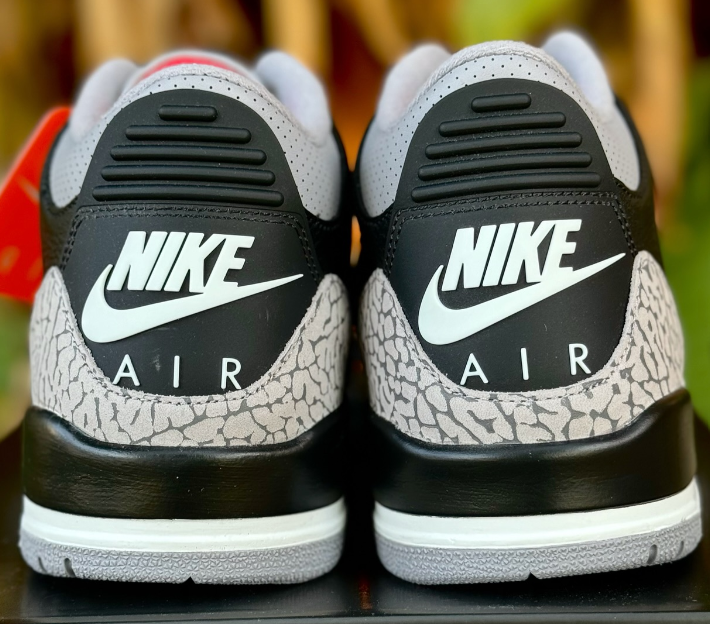- 3,009
- 421
- Joined
- Sep 24, 2002
Net Neutrality has been an issue for some time, but the push for Internet privatization has seemingly reached a tipping point with the upcoming Google-Verizon deal.
This has ramifications for all of us.
Go to www.savetheinternet.com for more information, and to spread the word.
Find petitions here:
http://freepr.es/bXFB7ihttp://freepr.es/bXFB7i
http://www.alfranken.com/index.php/splash/netneutrality
This has ramifications for all of us.
Go to www.savetheinternet.com for more information, and to spread the word.
Find petitions here:
http://freepr.es/bXFB7ihttp://freepr.es/bXFB7i
http://www.alfranken.com/index.php/splash/netneutrality
Google-Verizon Deal: The End of The Internet as We Know It
Josh Silver, Huffington Post
August 5, 2010
For years, Internet advocates have warned of the doomsday scenario that will play out on Monday: Google and Verizon will announce a deal that the New York Times reports "could allow Verizon to speed some online content to Internet users more quickly if the content's creators are willing to pay for the privilege."
The deal marks the beginning of the end of the Internet as you know it. Since its beginnings, the Net was a level playing field that allowed all content to move at the same speed, whether it's ABC News or your uncle's video blog. That's all about to change, and the result couldn't be more bleak for the future of the Internet, for television, radio and independent voices.
How did this happen? We have a Federal Communications Commission that has been denied authority by the courts to police the activities of Internet service providers like Verizon and Comcast. All because of a bad decision by the Bush-era FCC. We have a pro-industry FCC Chairman who is terrified of making a decision, conducting back room dealmaking, and willing to sit on his hands rather than reassert his agency's authority. We have a president who promised to "take a back seat to no one on Net Neutrality" yet remains silent. We have a congress that is nearly completely captured by industry. Yes, more than half of the US congress will do pretty much whatever the phone and cable companies ask them to. Add the clout of Google, and you have near-complete control of Capitol Hill.
A non-neutral Internet means that companies like AT&T, Comcast, Verizon and Google can turn the Net into cable TV and pick winners and losers online. A problem just for Internet geeks? You wish. All video, radio, phone and other services will soon be delivered through an Internet connection. Ending Net Neutrality would end the revolutionary potential that any website can act as a television or radio network. It would spell the end of our opportunity to wrest access and distribution of media content away from the handful of massive media corporations that currently control the television and radio dial.
So the Google-Verizon deal can be summed up as this: "FCC, you have no authority over us and you're not going to do anything about it. Congress, we own you, and we'll get whatever legislation we want. And American people, you can't stop us.
This Google-Verizon deal, this industry-captured FCC, and the way this is playing out is akin to the largest banks and the largest hedge funds writing the regulatory policy on derivative trading without any oversight or input from the public, and having it rubber stamped by the SEC. It's like BP and Halliburton ironing out the rules for offshore oil drilling with no public input, and having MMS sign off.
Fortunately, while they are outnumbered, there are several powerful Net Neutrality champions on Capitol Hill, like Nancy Pelosi, Harry Reid, Henry Waxman, Jay Rockefeller, Ed Markey, Jay Inslee and many others. But they will not be able to turn this tide unless they have massive, visible support from every American who uses the Internet --- whether it's for news, email, shopping, Facebook, Twitter --- whatever. So stop what you're doing and tell them you're not letting the Internet go the way of Big Oil and Big Banks. The future of the Internet, and your access to information depends on it.
Author's note: Notice how a company can change their tune in the name of profitmaking. From Google in 2006: "Today the Internet is an information highway where anybody - no matter how large or small, how traditional or unconventional - has equal access. But the phone and cable monopolies, who control almost all Internet access, want the power to choose who gets access to high-speed lanes and whose content gets seen first and fastest. They want to build a two-tiered system and block the on-ramps for those who can't pay."
[h1][/h1][h1]Google and Verizon Near Deal on Web Pay Tiers[/h1][h6]By EDWARD WYATT,
[/h6][h6]New York Times
[/h6][h6]Published: August 4, 2010[/h6]
WASHINGTON — Google and Verizon, two leading players in Internet service and content, are nearing an agreement that could allow Verizon to speed some online content to Internet users more quickly if the content’s creators are willing to pay for the privilege.
The charges could be paid by companies, like YouTube, owned by Google, for example, to Verizon, one of the nation’s leading Internet service providers, to ensure that its content received priority as it made its way to consumers. The agreement could eventually lead to higher charges for Internet users.
Such an agreement could overthrow a once-sacred tenet of Internet policy known as net neutrality, in which no form of content is favored over another. In its place, consumers could soon see a new, tiered system, which, like cable television, imposes higher costs for premium levels of service.
Any agreement between Verizon and Google could also upend the efforts of the Federal Communications Commission to assert its authority over broadband service, which was severely restricted by a federal appeals court decision in April.
People close to the negotiations who were not authorized to speak publicly about them said an agreement could be reached as soon as next week. If completed, Google, whose Android operating system powers many Verizon wireless phones, would agree not to challenge Verizon’s ability to manage its broadband Internet network as it pleased.
Since the court decision, involving Comcast, in April, the F.C.C. has been trying to find a way to regulate broadband delivery, and that effort has been the subject of a series of private meetings at the agency’s headquarters in recent weeks. At the meetings, officials from the nation’s biggest Internet service and content providers, including Google and Verizon, have tried to reach a consensus on how broadband Internet service should be regulated in light of the decision. Those meetings continued this week, apart from the talks between Google and Verizon.
The court decision said the F.C.C. lacked the authority to require that an Internet service provider refrain from blocking or slowing down some content or applications, or giving favor to others. The F.C.C. has since sought another way in which to enforce the concept of net neutrality. But its proposals have been greeted with much objection in Congress and among Internet service providers, cable companies and some Internet content producers.
A spokesman for Verizon said that the company was still engaged in the larger talks to reach a consensus at the F.C.C. and declined to comment on other negotiations. A spokeswoman for Google also declined to comment. While a deal between Google and Verizon would affect only those two companies, it could sway the opinions of lawmakers, many of whom have questioned the wisdom of the F.C.C.’s plans to oversee broadband service.
At issue for consumers is how the companies that provide the pipeline to the Internet will ultimately direct traffic on their system, and how quickly consumers are able to gain access to certain Web content. Consumers could also see continually rising bills for Internet service, much as they have for cable television.
The prospect of a Google-Verizon agreement infuriates many consumer advocates, who feel that it would concentrate in a few corporations control of what to date has been a free and open Internet system in which consumers decide which companies are successful.
“The point of a network neutrality rule is to prevent big companies from dividing the Internet between them,





